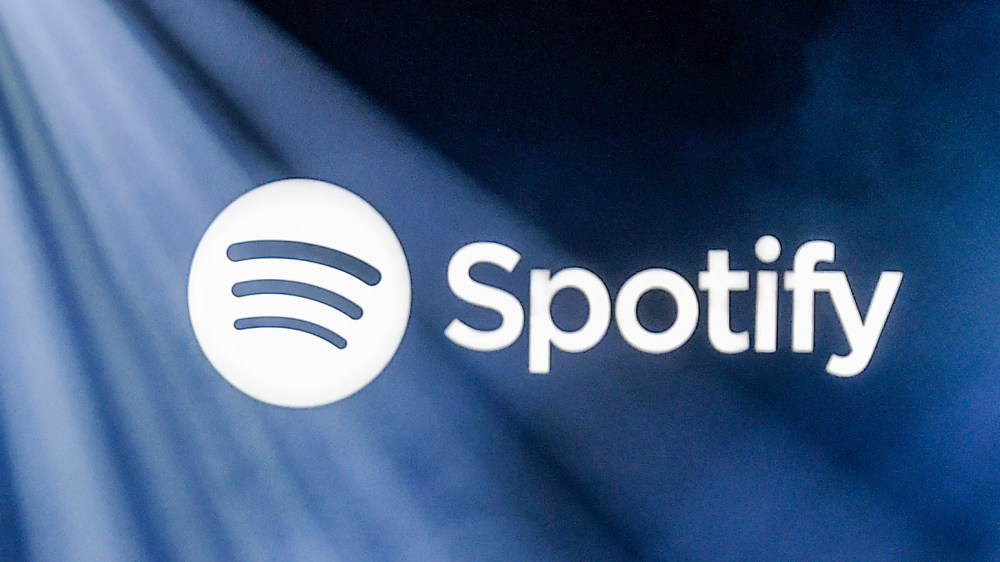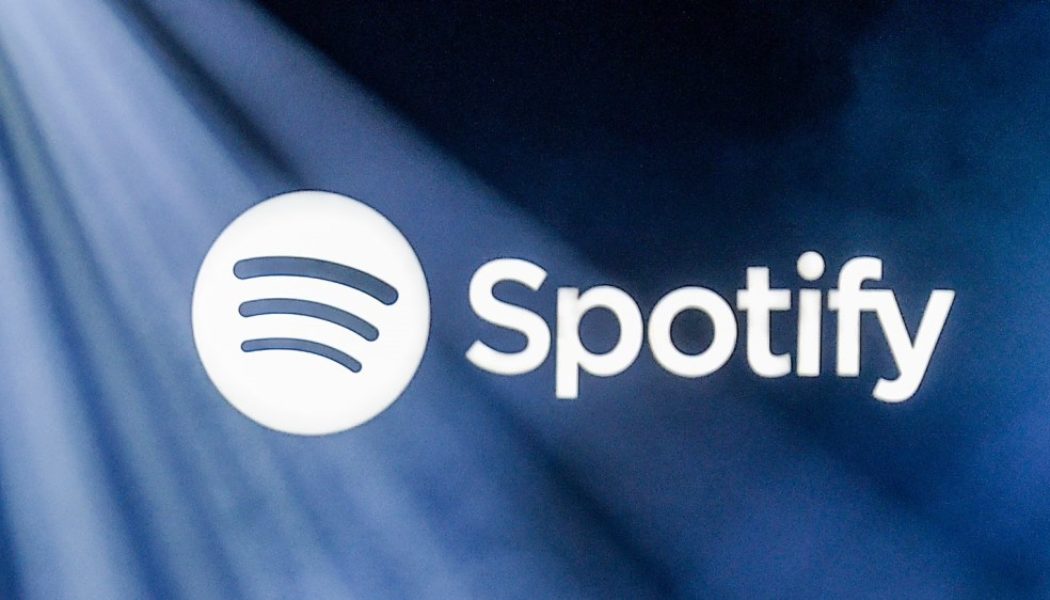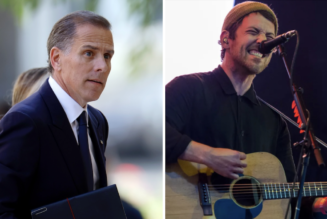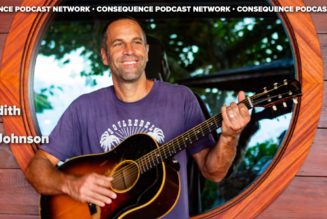
Spotify’s premium plans combining music and audiobooks will mean a lower mechanical royalty rate for songwriters on those plans, the company has confirmed, although it claims that earnings for creators will continue to rise.
“Spotify is on track to pay publishers and societies more in 2024 than in 2023. As our industry partners are aware, changes in our product portfolio mean that we are paying out in different ways based on terms agreed to by both streaming services and publishers,” the statement reads. “Multiple DSPs have long paid a lower rate for bundles versus a stand-alone music subscription, and our approach is consistent.”
The final sentence is in reference to plans offered by Amazon — which offers its music streaming as part of its Prime service — Apple and others.
Spotify unpacks details on the nearly $4 billion it has paid to music publishers representing songwriters over the past two years in the “Loud and Clear” section of its website.
Popular on Variety
The move reflects a reordering of the company’s plan offers. On March 1, Spotify introduced the Audiobooks Access Tier, a new standalone offering for audiobook enthusiasts in the U.S. At $9.99 per month, this subscription gives listeners access to 15 hours of monthly listening time from a catalog of more than 250,000 titles. With the Audiobooks Access Tier, users can continue to listen to music and podcasts on Spotify’s free, ad-supported service.
With the introduction of the stand-alone audiobooks offering, Spotify is now able to pay lower music-licensing rates for the music-and-audiobook bundle, introduced in the U.S. in November 2023. The 2022 settlement agreement between the National Music Publishers Assn. and streaming services includes a carveout for bundles (such as Amazon Prime and Apple Music + Apple News), which the new audiobook offering falls under. Such plans lower the mechanical licensing rates the company pays in the U.S. Spotify’s lower royalty rates are retroactive to March 1, 2024.
However, NMPA president-CEO David Israelite had strong words for the move when contacted for comment by Variety. “It appears Spotify has returned to attacking the very songwriters who make its business possible,” he wrote. “Spotify’s attempt to radically reduce songwriter payments by reclassifying their music service as an audiobook bundle is a cynical, and potentially unlawful, move that ends our period of relative peace. We will not stand for their perversion of the settlement we agreed upon in 2022 and are looking at all options.” The NMPA and streaming services resolved a years-long standoff over royalty rates with a Copyright Royalty Board ruling in 2022, and agreed upon a new rate of 15.35% for the 2023-2027 period.
Details about the new offers and Spotify’s plans to raise the price of its paid-subscription service in several overseas markets at by the end of this month — and in the U.S. later this year — were first reported by Bloomberg earlier this month.
Spotify, which is the world’s largest paid streaming service by far, will increase prices by about $1 to $2 a month in five markets — including the U.K., Australia and Pakistan — by the end of April 2024, the report claims, citing people familiar with the matter, with the U.S., its largest territory, to follow at an unspecified time later this year. Under the new pricing, individual plans will go up by about $1 a month, while family plans and so-called duo plans for couples will rise by $2. The company has also been working on a “supremium” plan, which would charge customers a higher price for access to high-fidelity audio.
According to the Bloomberg report, the higher prices will help cover the cost of audiobooks, a service introduced late last year. The company offers customers up to 15 hours of audiobook listening per month as part of their paid plan. The company faces a similar royalty challenge in books as it does in music, and only collects additional revenue from listeners who exceed the 15-hour limit. The Swedish audio company is also going to introduce a new basic tier that will offer music and podcasts — but not audiobooks — under its current plan. Spotify’s efforts to attain profitability via forays into video and podcasts have met with limited success.
While Spotify led the charge for streaming and in the process effectively saved the music industry after years of steep decline, it has struggled for profitability, largely due to the fact that it pays out billions of dollars every year in royalties to major music companies and other rights holders — some $9 billion on $13.2 billion in revenue in 2023. It began raising subscription prices, after years of resistance, last year, following similar increases by its competitors.









